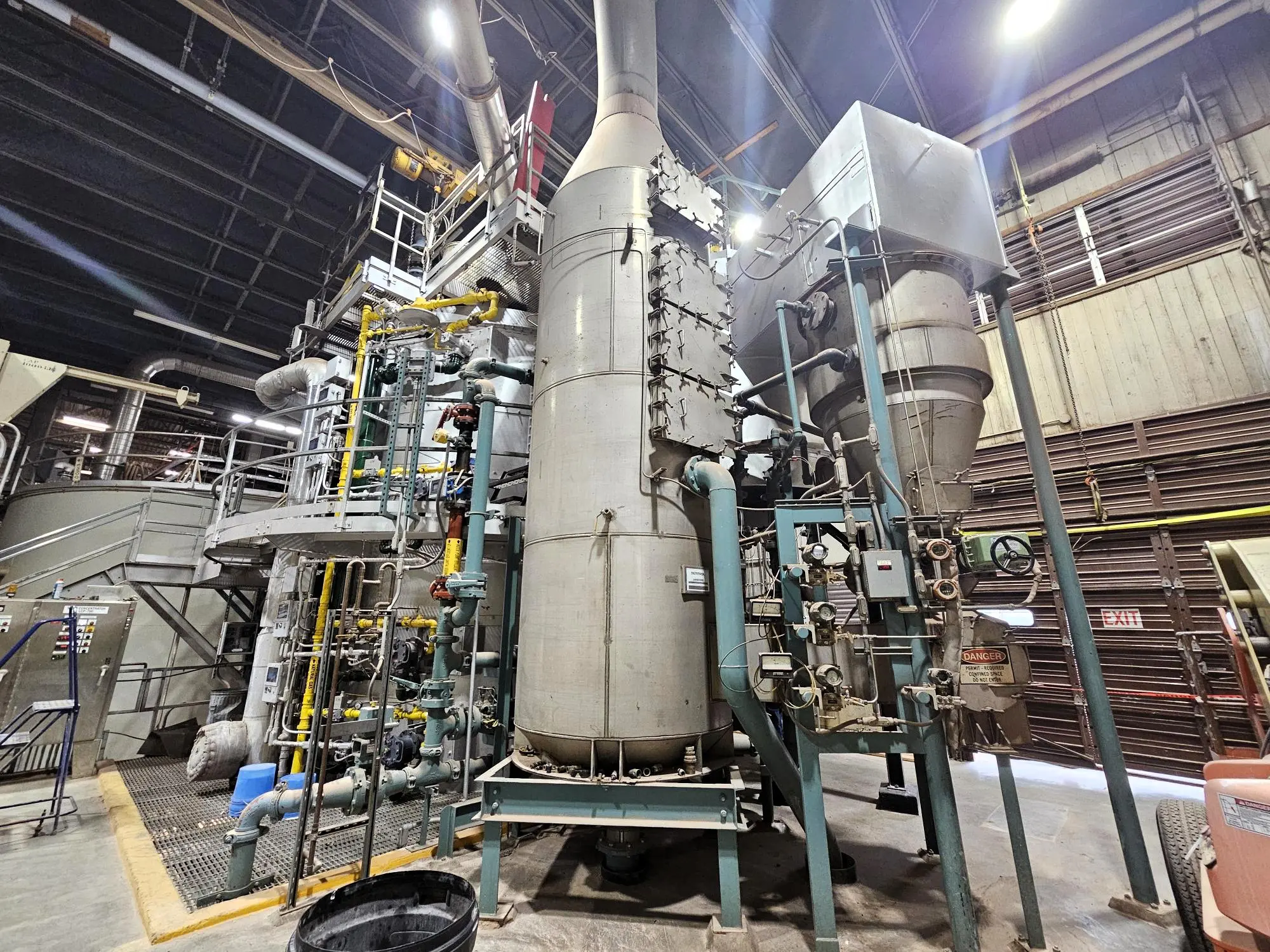The City of Bellingham is actively addressing challenges at the Post Point wastewater treatment facility, prioritizing environmental protection, public health, and responsible use of taxpayer dollars. The challenges we are facing have also resulted in the City receiving a notice of violation from the Northwest Clean Air Agency (NWCAA), the entity that monitors and regulates the City’s air emissions.
“This is a good example of the many needs we have in our City, especially regarding our aging infrastructure and facilities,” Bellingham Mayor Kim Lund said. “When it comes to confronting the big problems that many modern cities are facing, there are often no straightforward answers. Our need to upgrade our Post Point facility is one of those complex challenges. We’re committed to finding solutions that balance community priorities.”
Following the recent notice of violation, which specifically references Post Point’s incinerators, the City is working with experts to understand the allegations and determine the best course of action.
“We take this notice very seriously,” said Public Works Director Eric Johnston. “We are working to understand exactly what it means for us and what our best course of action is from here.”
How did we get here?
The City’s aging wastewater treatment plant, originally built in the 1970s, has been upgraded several times while still maintaining incineration as core to its operations. In recent years, the City has explored various options to move away from incineration to more modern and clean waste processing.
Several years of planning went into a project to turn waste into agricultural fertilizer, which would have replaced the incinerators. In 2022, City leaders chose to discontinue pursuing this option.
The change in direction was due to concern about project costs and about introducing contaminants of emerging concern (including PFAs) back into the environment. Focus shifted to searching for new solutions and providing much-needed maintenance to the City’s current infrastructure, such as replacing sludge pumps and storage tanks, repairing leaking roofs, upgrading control systems and upgrading air emissions control systems.
Since 2022, the NWCAA and the City have been working together to develop a plan to keep the plant’s current infrastructure operational and meet air emissions standards. Early in 2024, the City began contracting with a professional engineering firm to ensure the incinerators are operational and meet the high standards of environmental protection our community expects.
What’s next for Post Point?
The City is committed to both short-term and long-term solutions for protecting air quality:
- Upgrading existing incinerators: Ensuring continued operation and compliance with air quality regulations until a new solution is identified, funded and constructed.
- Exploring future options: Learning from other cities and industry leaders and exploring options for the future.
Investing in our future
“As Mayor, I am eager to lead the hard work of investing in solutions that set Bellingham up for long-term success,” Mayor Lund said. “We will continue working with Council and our community to make these important decisions to move us forward.”
More information about these challenges and potential solutions was provided during the City Council’s Committee of the Whole meeting on Monday, April 8. A recording of the presentation can be found on the City’s meeting webpage.

